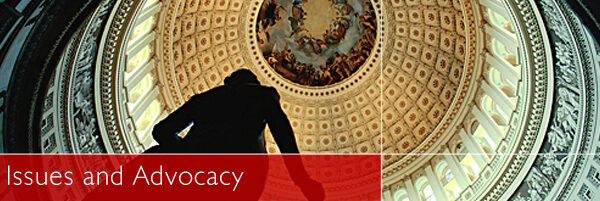One item on the NABIE agenda has been to re-examine aspects of insurance coverage for our members. The last time this was considered did not produce an effective package to present to the membership, and the current research underway may arrive at the same conclusion. However, we’ve committed to at least making an examination of what may be possible.
In considering insurance for engineering practices, several types come to mind. The most common concerns claims and these often involve alleged errors or omissions, and other events that cause a claim to be placed against an engineering practice. But other kinds of insurance are often needed as well and can include the following:
Commercial General Liability – This insurance is intended to protect the assets of a business when it is sued as a result of causing either bodily injury or property damage arising out of premises, operations, products and completed operations; and personal and advertising injury. It is important to confirm that the policy provides “off premises coverage” because the consultant and their employees are often visiting job sites.
Business Property Insurance — Business property insurance is designed to protect your office, computer equipment, furniture and fine arts against losses caused by fire, theft and water damage. It is important to properly inventory equipment because the policy will typically provide reimbursement based on “replacement cost”.
Valuable Papers Coverage — This policy pays the cost to reconstruct damaged or destroyed valuable papers such as maps, plans, specifications or books. Typically a blanket limit is established to cover all valuable papers on a replacement cost basis.
Hired & Non-Owned Auto Liability — Businesses that own vehicles are required to purchase a commercial auto policy to protect the business and driver from bodily injury or property damage claims that are caused during the operation of the business owned vehicle. Hired & Non-Owned Auto provides coverage for accidents involving hired or rented vehicles or vehicles that are owned by employees of the firm while providing professional services.
Umbrella Liability Insurance — Umbrella liability is designed to provide coverage for losses that fall above the limit of liability available on underlying policy (typically general liability, automobile and employers liability). Often times the umbrella policy provides coverage for many exclusions of a primary policy.
Workers Compensation/Employers Liability — Most states require employers to procure both Workers Compensation and Employers Liability when hiring an employee. Workers Compensation provides employee compensation as well as lost income and medical expenses as a result of bodily injury by accident or disease associated with a job-related activity. Employer’s Liability pays damages (that result directly from an employee’s job related injury) for liability to a third party for damages claimed by the employee against a third party. Premiums are based on the payroll and job description of the employee. It is important to collect evidence of such insurance for 1099 consultants. Failure to provide coverage for employees can result in substantial fines by the State Workers Compensation Board.
Statutory Disability Benefits — Similar to Workers Compensation, most states also require employers to provide short term disability coverage to employees. The policy provides limited income (varies by state) to an employee that is unable to work due to a non job-related injury or sickness. As mentioned, benefits are extremely limited in terms of both duration and compensation and should not be substituted for long-term disability insurance. Failure to provide coverage for employees can result in substantial fines by the State Workers Compensation Board.
Employment Practices Liability Insurance — This is a form of liability insurance that covers wrongful acts arising from the employment process. Most frequently these claims include wrongful termination, discrimination and sexual harassment. State and Federal laws apply differently to different size firms, however, any employer can be susceptible to employment practices claims. More often than not underwriters will request a copy of an office manual that details policies relating to harassment and discrimination and procedures for handling employee complaints.
*This article had been posted in the Summer 2010 edition of The Examiner.


